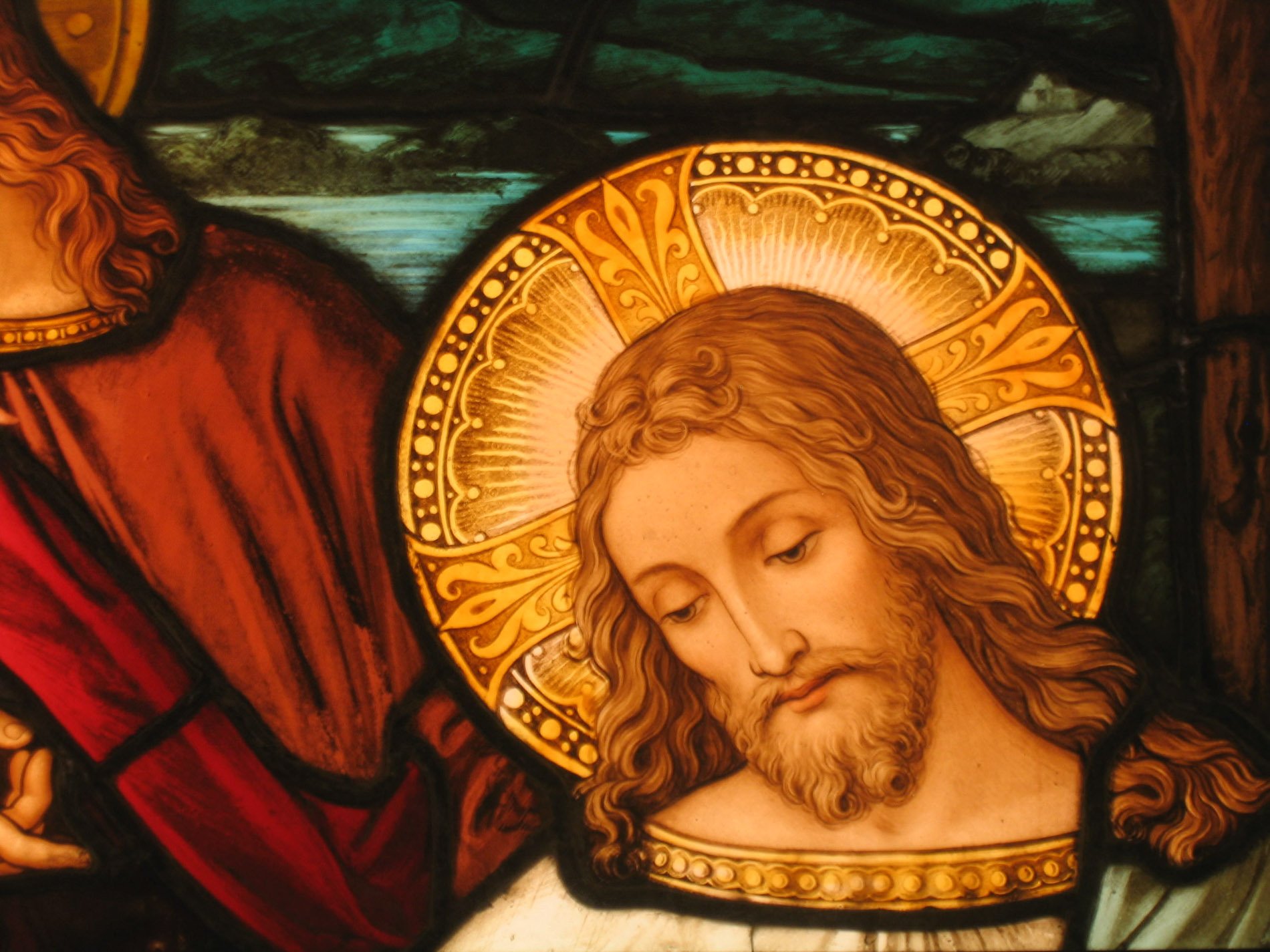Regina Caeli – Queen of Heaven, Rejoice!
The Regina Caeli, Latin for “Queen of Heaven,” is a hymn and prayer ...

The beginning of Cyprian’s treatise on the Lord’s Prayer, the Our Father. He emphasizes how complete yet concise this prayer is, and how it represents a participation in the intimate relationship of unity between the Father and God the Son.
Why should we be surprised, beloved brethren, that this is the nature of the prayer that God taught, seeing that he condensed all our prayer into one saving sentence of his teaching?
This had already been foretold by the prophet Isaiah, who, filled with the Holy Spirit, spoke of the majesty and loving kindness of God: completing and shortening his word in righteousness, because God will make a shortened word in the whole earth. For when the word of God, that is, our Lord Jesus Christ, came to all of us, bringing together the learned and the unlearned, and gave the precepts of salvation to those of every age and sex, he made a compendium of his precepts, so that his pupils’ memories should not be burdened by the heavenly teaching but might quickly learn what was necessary for a simple faith.
Thus, when he taught what eternal life was, he wrapped up the sacrament of life in an all-embracing and divine brevity, saying: This is eternal life, to know you, the one true God, and Jesus Christ, whom you have sent.
And also, when he had to gather from the law and the prophets the first and greatest commandments, he said: Hear, O Israel: the Lord your God is one God, and you shall love the Lord your God with all your heart, and with all your mind, and with all your strength. This is the first commandment; and the second is like it: you shall love your neighbour as yourself. On these two commandments hang all the law and all the prophets. And again: Whatever good you wish men to do to you, do it to them: for this is the law and the prophets.
It was not only in words that God taught us to pray, but in actions as well, for he himself prayed frequently and imploringly, showing us his example so that we should follow it, as it is written: But he himself went off to a solitary place and prayed; or, He went out onto the mountain to pray, and continued all night praying to God.
The Lord prayed and beseeched not for himself – for what reason has the guiltless one pray for himself? – but for our sins, as he made clear when he said to Peter, See, Satan wants to sift you as if you were wheat: but I have prayed for you so that your faith should not fail. Later, too, he beseeches the Father for all people, saying: I do not pray for these alone, but also for those who will believe in me through their words: may they all be one. As you, Father, are in me, and I in you, so may they also be one in us.
God’s mercy and desire for our salvation are so great that he is not content to redeem us with his blood, but also prays for us over and over again. And now you should see what it was he was praying for: that just as the Father and the Son are one, so too we should be part of that same unity.
This excerpt from a treatise on the Lord’s Prayer by Saint Cyprian of Carthage, bishop and martyr (Cap 1-3: SCEL 3, 267-268), is used in Roman Office of Readings for , with the accompanying biblical reading taken from .
Hilary Wilkinson
Posted at 10:38h, 20 JuneI have recently been looking at the writings of the Apostolic and Early Fathers. I found this site and I am fascinated by these old documents. I am a Catholic convert of 20 years and a few years ago became a Carmelite Secular. All these documents will help me in my Bible study, and the information they contain will help me explain my faith to my family and friends. Thank you for posting these pages.
Dr. Marcellino D'Ambrosio
Posted at 14:09h, 20 JuneHilary, we are so glad that the selections we have posted on this site are helping you! We recommend that you pray the Office of Readings in the Roman Liturgy of the Hours and you will then be fed a regular diet of patristic excerpts along with Scripture. I’d also recommend my book When the Church Was Young: Voices of the Early Fathers which will provide you an introduction to the Fathers from the earliest writers right after the New Testament to the last of the Fathers.